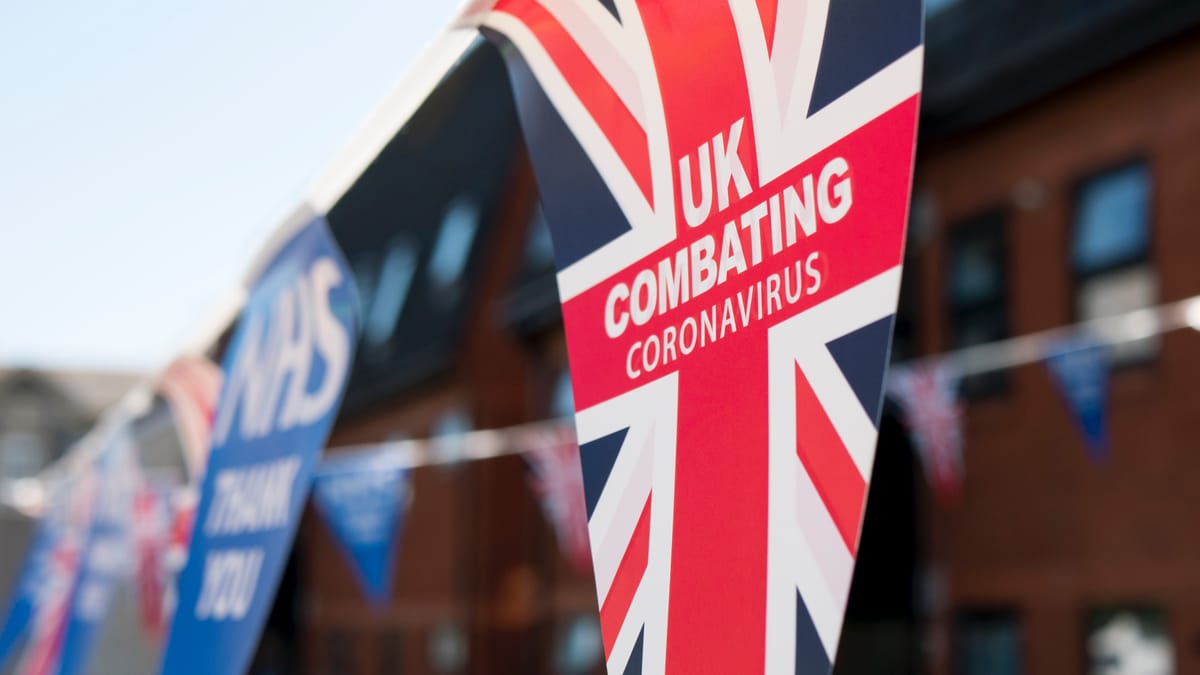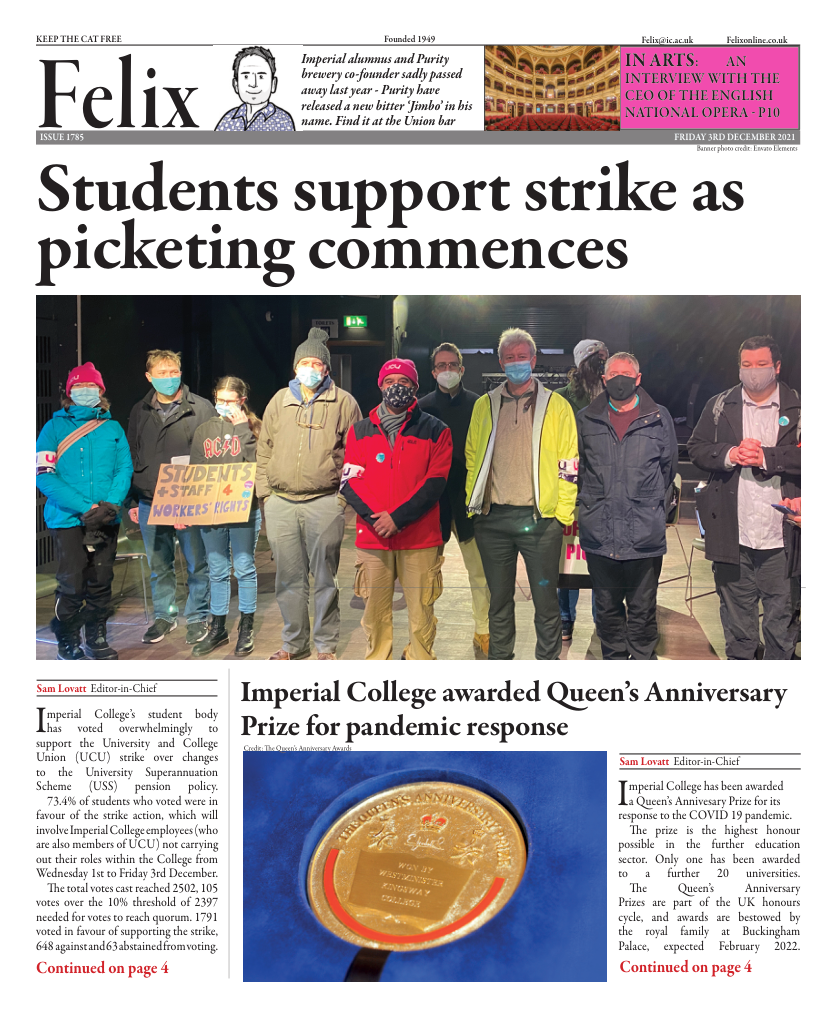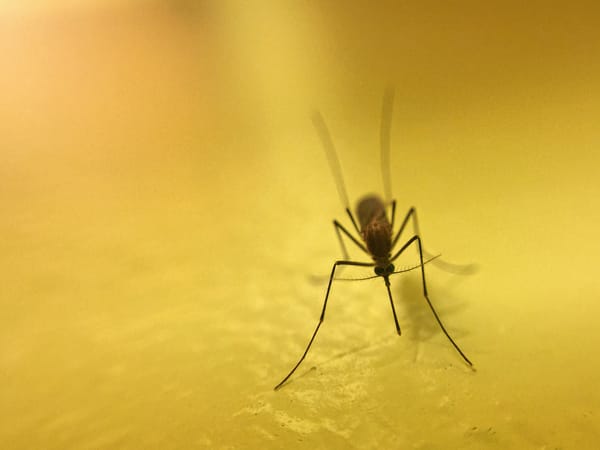Pandemic preparedness: UK government ignored exercise action points
COVID-19 has plagued our lives for almost two years now, however, varying CoV strains have been around for much longer.

COVID-19 has plagued our lives for almost two years now, however, varying CoV strains have been around for much longer. In 2015, South Korea saw an outbreak of MERS-CoV, and the UK came worryingly close to its own outbreak when three people presented with flu-like symptoms ten days after travelling to an undisclosed location. They were admitted to hospital and within a week were lab-confirmed cases of MERS-CoV. After initiating contact tracing, it was discovered that two of these individuals had attended a large gathering shortly before falling ill; fast-forward a few weeks and the UK had 50 confirmed cases and 650 contacts. The NHS was under pressure, particularly due to the usual flu cases, and the media took a keen interest in the potential of a widespread outbreak.
Thankfully, the MERS-CoV outbreak was contained. However, in response, the then Chief Medical Officer (Dame Sally Davies) requested an exercise (Exercise Alice) involving NHS England, Public Health England, and the Department of Health. Observers were also invited from GO-Science and the Cabinet Office. The tabletop exercise, lasting one day, involved a discussion and investigation into the nation’s preparedness for a potential pandemic. The four themes to be investigated were PPE, Use of Quarantine, Community Sampling, and Communication.
The Clinical Advisory Group concluded that the Government and NHS were ill-prepared for a pandemic and identified 12 action points that were considered essential to being able to handle any outbreaks. These 12 action points, listed on the right, highlight with alarming precision most of what we failed to do well enough (or rapidly enough) during the pandemic. Significantly, this report was published 4 years before COVID-19 appeared on the scene – yet it was not acted upon and was kept undisclosed to the public for five years. Sections of the Government were possibly unaware of this report with Matt Hancock being quoted saying, “Famously, all the preparations and the plans that were in place were for a flu pandemic.” Was he knowingly covering up an exercise looking at the need of a plan for a CoV pandemic, or was the report so tightly confined to those directly involved, that not even our former Health Secretary was aware of it? Regardless, the action points identified by the Clinical Advisory Group were not acted upon, a plan was not devised, and so when SARS COVID-19 hit we were caught off-guard and unprepared.
A few months into the pandemic in April 2020, a clinical consultant, Dr Moosa Qureshi, led a campaign for transparency into NHS preparedness for a pandemic, demanding the release of a report on a three-day simulation exercise from 2016, entitled “Exercise Cygnus”. After initial hesitations, the report was released, but was considered unsatisfactory in addressing these concerns. Subsequently, after more than a year of campaigning, “Exercise Alice”, along with 6 other reports, were released. All these reports highlighted the need of the government to prepare for any potential pandemics. Yet what was their response? The government and NHS have yet to present evidence or record of them addressing these action points prior to the COVID-19 outbreak.
The question on Dr Qureshi and everyone else’s minds is why? Why the lack of action? Why the failure to disclose? Where is the Government’s transparency? There is also the question of who in the Government was aware of this? The Health Secretary (Jeremy Hunt at the time) is known to have overseen Exercise Alice, but who else was aware? Who bears responsibility for the apparent negligence, and what will be done to prevent such a situation occurring in the future?
The Government have launched their own inquiry into their handling of the COVID-19 pandemic, however, it is not due to open until spring 2022, so for now it remains a continued campaign for transparency and a patient wait for the inquiry and its results.







